Why is the Solid/Liquid Separation of Digestate Critical to the Profitability of your Operations?

Effective solid/liquid separation of digestate is integral to the profitability of operations within a renewable natural gas (RNG) facility. While methane generation is often the focal point, the dewatering process holds immense significance. Fournier, renowned for its advanced technologies, has developed a revolutionary method ensuring pristine liquid digestate and high dryness solids. Drawing from their Northern European ventures, where RNG plants are transitioning to Fournier Rotary Press dewatering, this article underscores the pivotal role of solid/liquid separation in maximizing profitability.
RNG plant operators increasingly recognize that the recovery of solid and liquid digestates hinges upon the quality of digestate dewatering. Profitable operations strategically leverage resource recovery initiatives, such as nutrient extraction from liquid digestate or specialized soil amendments production. The superior quality of end products directly impacts the feasibility and value of these initiatives, thus creating additional revenue streams and augmenting profitability.
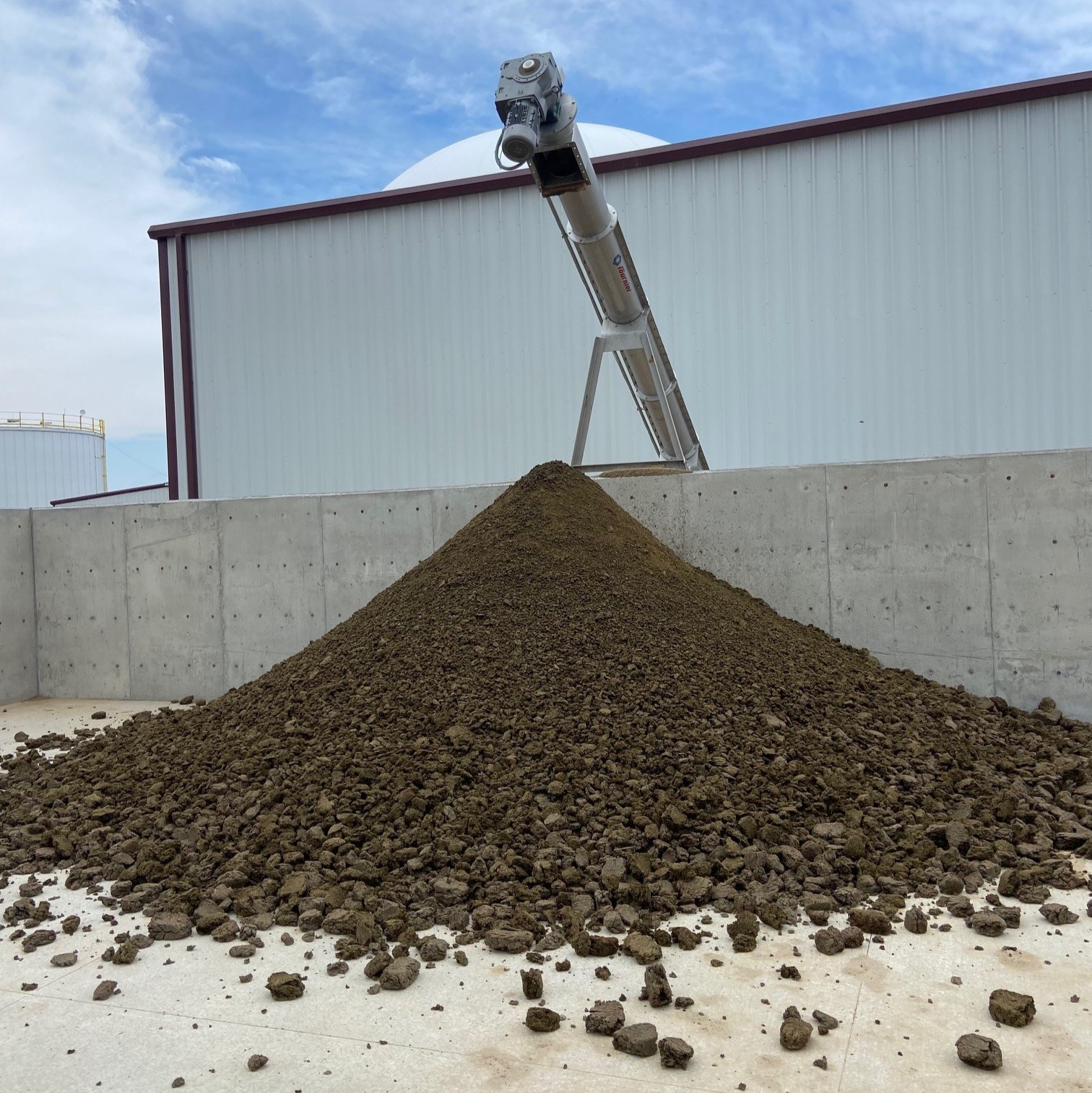
Elevated cake dryness enhances the quality of solid digestate, rendering it more effective as a soil amendment or fertilizer. Enhanced demand and pricing for such high-quality products amplify revenue and profitability. Moreover, valuable substances present in the liquid digestate, such as nitrogen and phosphorus, can be reclaimed if effectively separated. A clean filtrate facilitates the retrieval of these nutrients, ensuring efficient resource recovery.
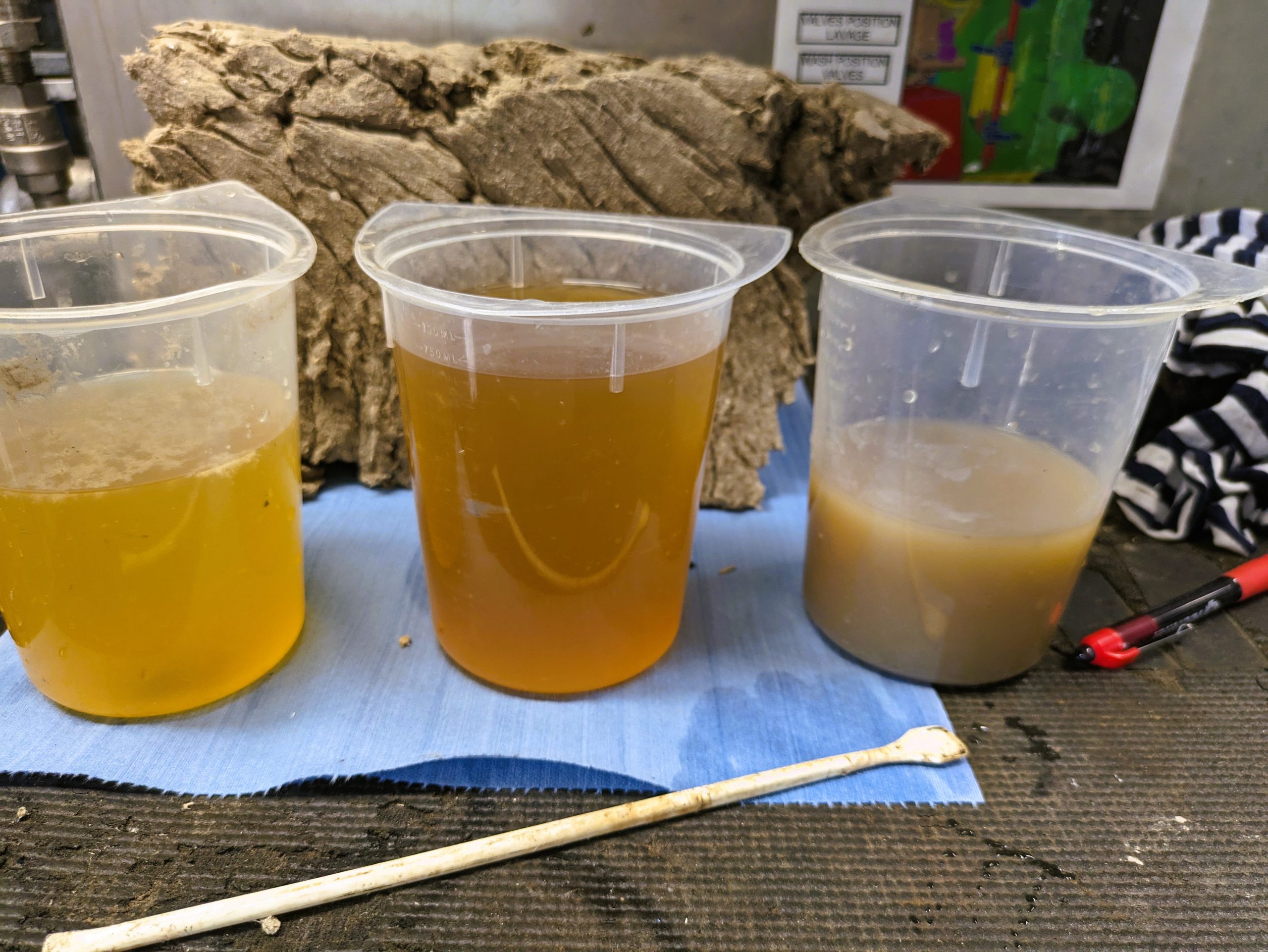
Efficient solid/liquid separation streamlines downstream processes, reducing energy consumption, chemical usage, and operational costs. Residual solids in liquid digestate hinder nutrient recovery, impairing profitability across precipitation, evaporation, and liquid spreading processes. Furthermore, high-quality end products necessitate minimal processing and maintenance, fostering operational efficiency. Solids in the filtrate pose risks of equipment damage and operational disruptions, underscoring the importance of solids capture from the dewatering process.
Beyond operational aspects, producing high-quality end products cultivates trust among consumers and stakeholders. Positive brand reputation and customer satisfaction translate into repeat business, long-term contracts, and premium pricing, driving profitability.
In essence, the quality of end products profoundly impacts RNG plant profitability by influencing market demand, pricing dynamics, regulatory compliance, operational efficiency, brand reputation, and opportunities for resource recovery. Consequently, prioritizing clean filtrate in digestate dewatering processes is imperative for optimizing operations, and safeguarding profitability.
Fournier is proud to be contributing to decarbonizing our economy by supplying RNG industry with its innovative Rotary Press technology. The result of many years of R&D, the Fournier Rotary Press has revolutionized the dewatering process by significantly reducing operating costs, generating a clean filtrate and high dryness cake.
For more information and biogas projects, read BiogasWorld’s Canadian Biogas Magazine.
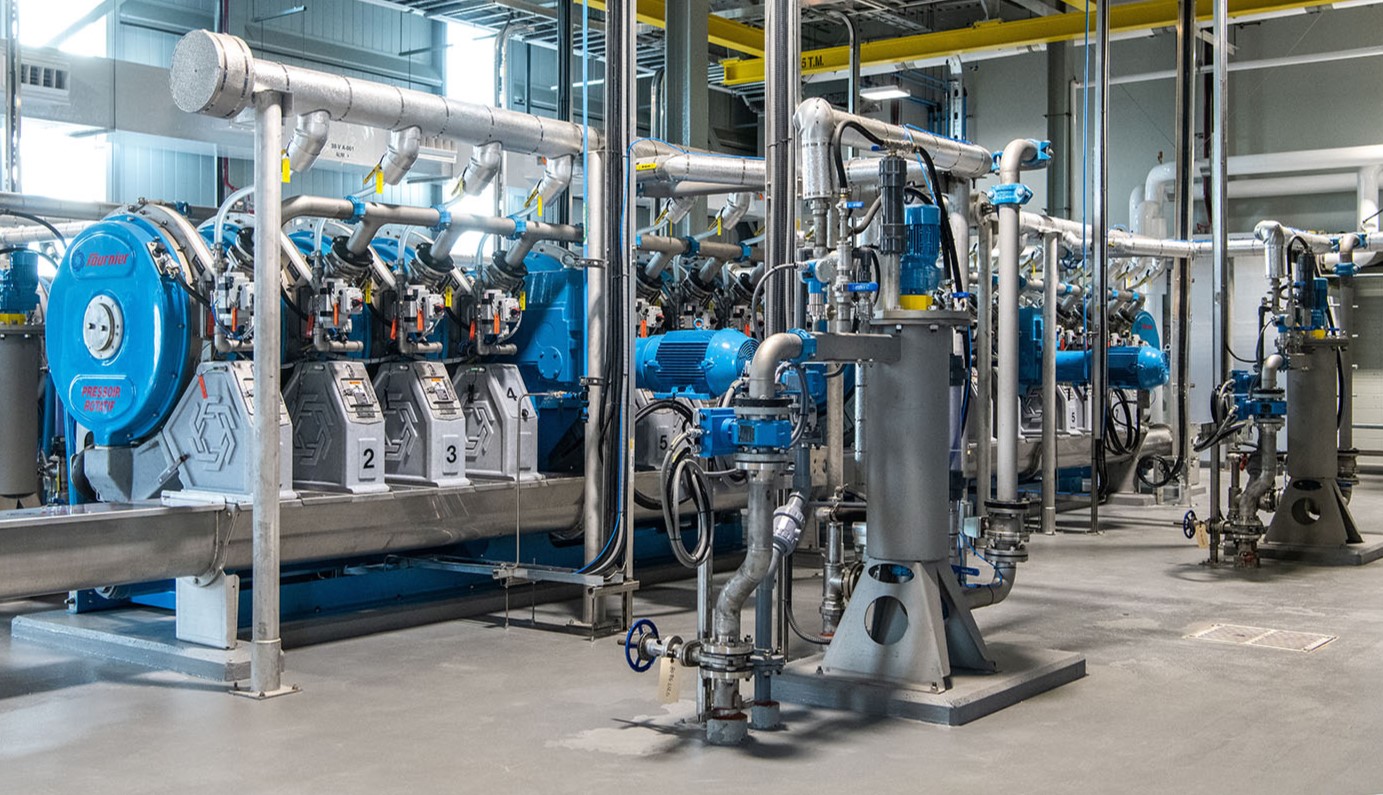

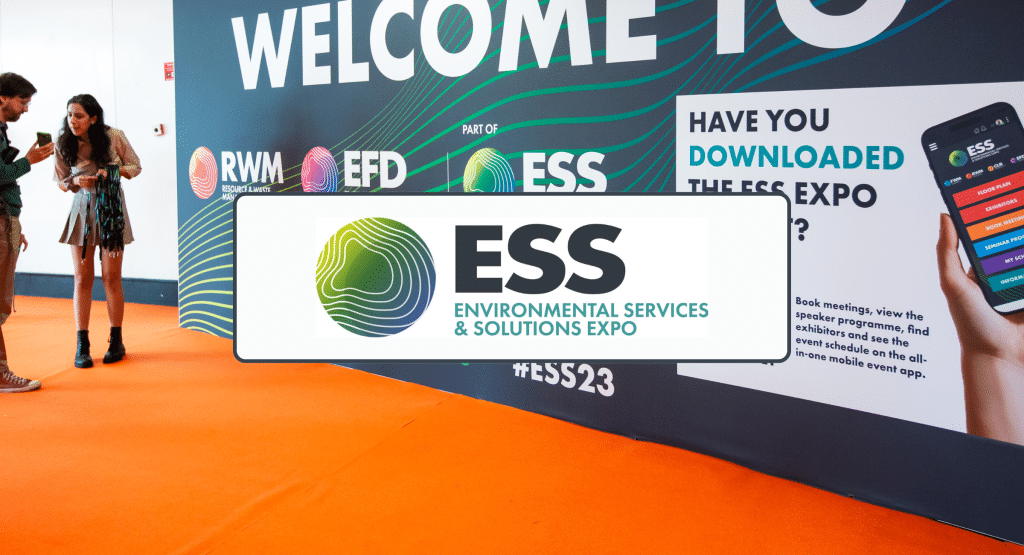
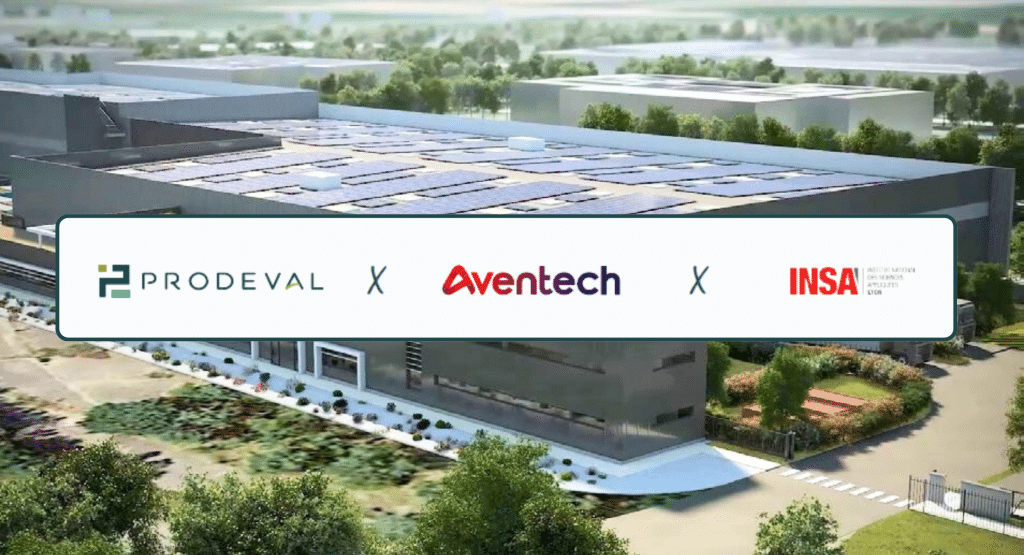
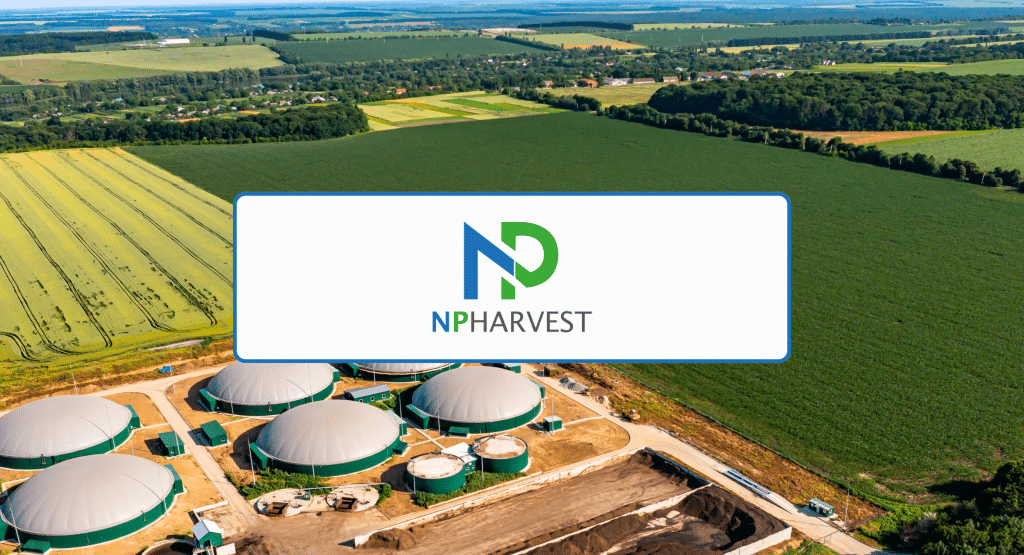

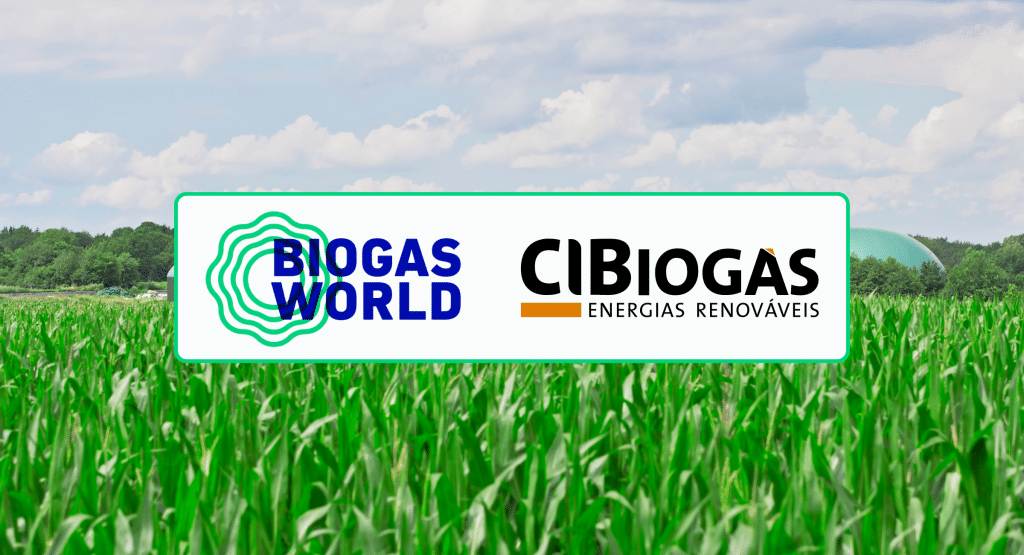
Comments